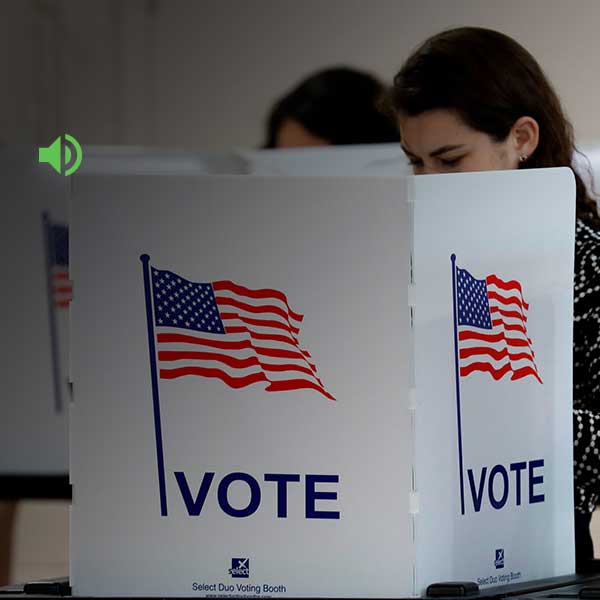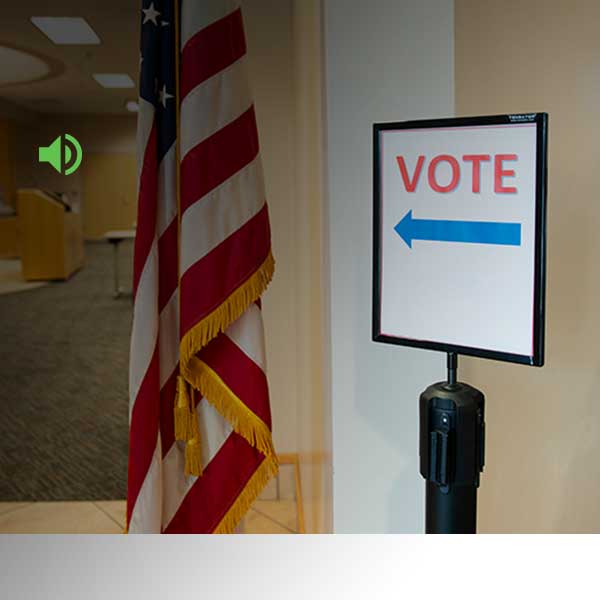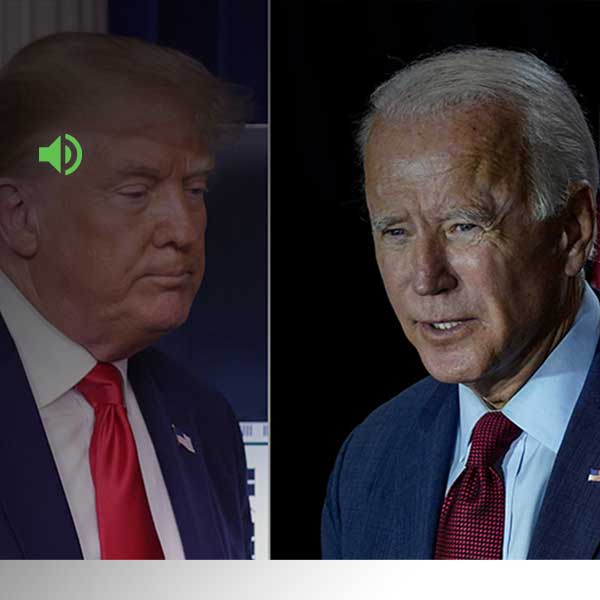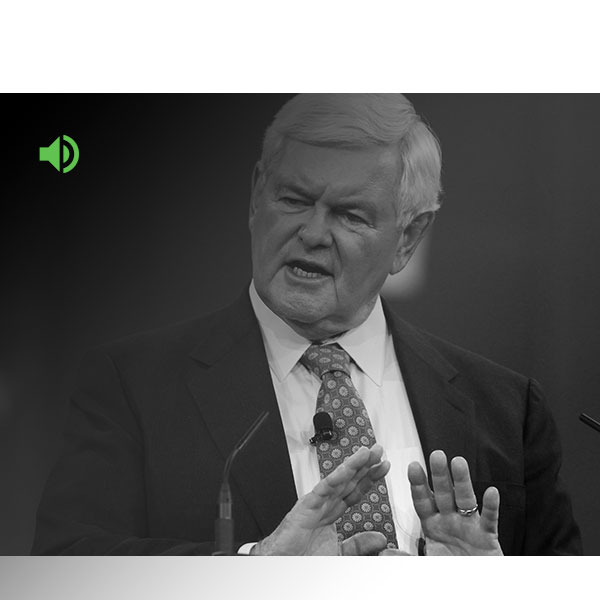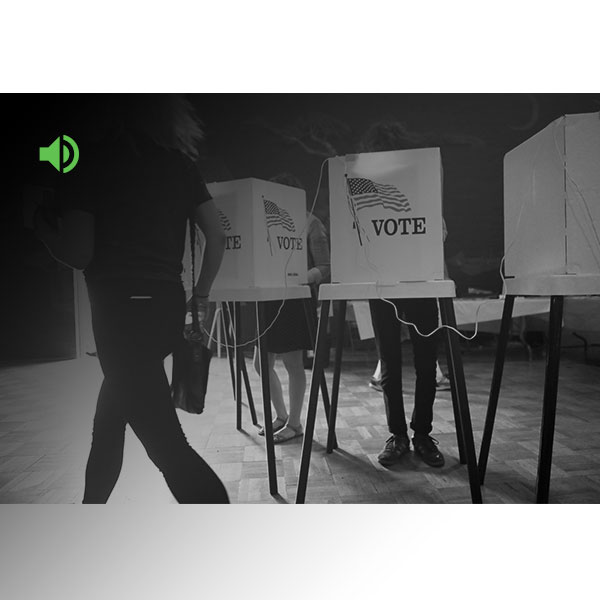Election Issues
Explore Gallup's research.

Americans are more likely to say they would back certain types of presidential candidates, such as a woman or Black adult, than others, such as a Muslim or socialist. But being older than 80 or having been charged with a felony are much bigger turnoffs for voters.

Crime became an issue in the recent midterm elections, underscoring the importance of understanding what lies behind Americans' views of the issue.

Changes in economic reality and candidates' statements and positioning are less important to voters than their underlying ideological predispositions.
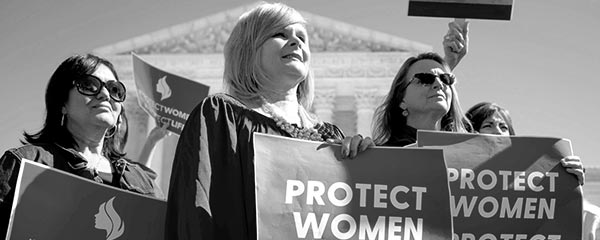
Nearly half of U.S. adults say abortion will be one of many important factors in their vote for a candidate for a major office, 25% do not consider it a key issue and 24% say they will vote only for a candidate who shares their views.
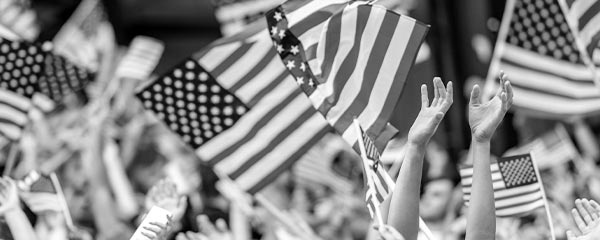
American pride has become more of a partisan issue under the Trump presidency and could enter into the 2020 campaign.

With the U.S. economy less concerning to Americans under Trump, anxiety about pocketbook issues could be a bigger factor than usual in their vote.
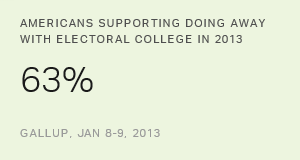
The U.S. system for electing presidents is controversial, unpopular and not well understood, but has stood as the law of the land since George Washington was elected in 1789.
Mitt Romney's announcement this morning that he will not be actively running for the GOP nomination leaves a void in the firmament of potential candidates on both the Republican and Democratic side of the ledger. Romney was the only major potential candidate who had a substantial business background involving major management and leadership of complex and large entities -- something I think it's possible the public may be looking for in 2016.
President Barack Obama made an interesting comment in the middle of his post-election press conference last Wednesday. He said: "Still, as president, I have a unique responsibility to try and make this town work. So, to everyone who voted, I want you to know that I hear you. To the two-thirds of voters who chose not to participate in the process yesterday, I hear you, too". Then, later he came back to the theme saying: "…part of what I also think we've got to look at is that two-thirds of people who were eligible to vote just didn't vote."
As noted by my colleague Jeff Jones in his recent review, Americans' collective thought given to this election is lower than has been the case in the two most recent midterm elections in 2010 and 2006. Likewise, enthusiasm and self-reported motivation to vote are also down. The differences are particularly large compared with 2010, with a drop of 13 percentage points in thought given to the election, 18 points in motivation to vote and a drop of nine points in enthusiasm.
